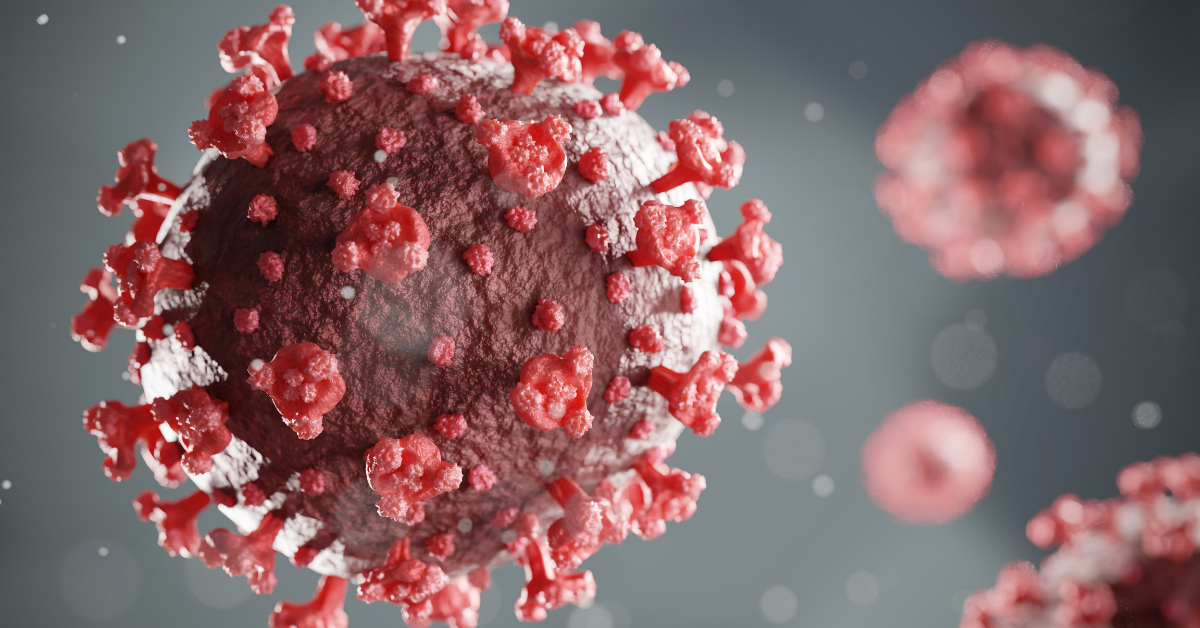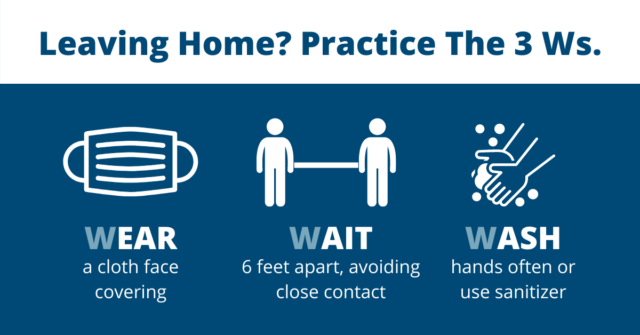
The Omicron variant of COVID-19 is the predominant strain circulating in our area. If ever there was time to get your COVID-19 booster, it’s now.
On December 1, 2021, the first U.S. case of the Omicron coronavirus variant was confirmed in California, in a traveler returning from South Africa. On December 10, 2021, it was confirmed in North Carolina, right here in Charlotte.
According to the Centers for Disease Control and Prevention (CDC), our current COVID-19 vaccines are expected to protect against severe illness, hospitalizations and deaths due to Omicron. However on Thursday, Dec. 16, 2021, the CDC announced a clinical preference for the Moderna and Pfizer COVID-19 vaccines over the Johnson & Johnson vaccine.
Here are some frequently asked questions about the Omicron variant.
Learn the latest on the CDC website.
Is the Omicron variant more contagious or more virulent?
Yes, Omicron is more contagious than other variants, but it does not cause more severe disease compared to Delta. Those who are fully vaccinated tend to have milder symptoms or no symptoms at all. Most people who have been hospitalized with severe illness are unvaccinated.
Preliminary evidence suggests that you could be at an increased risk of reinfection with Omicron if you have previously had COVID-19, but understanding the level of severity of the Omicron variant will take more time.
Will our COVID-19 tests detect the Omicron variant?
The standard PCR testing, which we use at Tryon Medical Partners, will detect illness caused by the Omicron variant. (Please note, a standard PCR test cannot tell you which variant you have.) Most rapid antigen tests also detect the Omicron variant, but the timing matters.
Are our vaccines effective against illness from the Omicron variant?
On Friday, Dec. 10, 2021, the UK Health Security Agency released a comprehensive report in which they compared 56,439 cases of Delta to 581 cases of Omicron from Nov. 27 to Dec. 6, 2021. Vaccine effectiveness against Omicron infection was 30-40% after two shots of Pfizer. After a booster, effectiveness increased to 70-80%. This is a small sampling, so these percentages may change as we learn more.
Our COVID-19 vaccines have proven to be safe and effective in protecting the vaccinated against severe disease and death against every variant thus far; Omicron is no exception. Getting vaccinated and boosted after six months is critically important in the fight against Omicron.
Get vaccinated, or get your booster, to protect against COVID-19!
Are existing treatments still working against this new variant?
There is still no cure for illness caused by COVID-19. So far, treatments are still effective in helping those sick with Omicron variant, but this is still being studied.
Why is it called Omicron?
The WHO names variants using the letters of the Greek alphabet. “Omicron” is the 15th letter of the Greek alphabet, but it is not the fifteenth variant. The WHO opted to skip “Nu” (too easily confused with “new”) and “Xi” (a common surname), naming the variant Omicron. This is the next variant after Mu.
What can I do to protect myself?
Get the COVID-19 vaccine, or get your booster! The same safety precautions are still our best defense against COVID-19.

If you are exposed or have symptoms of COVID-19, get tested! If you test positive, please isolate!
